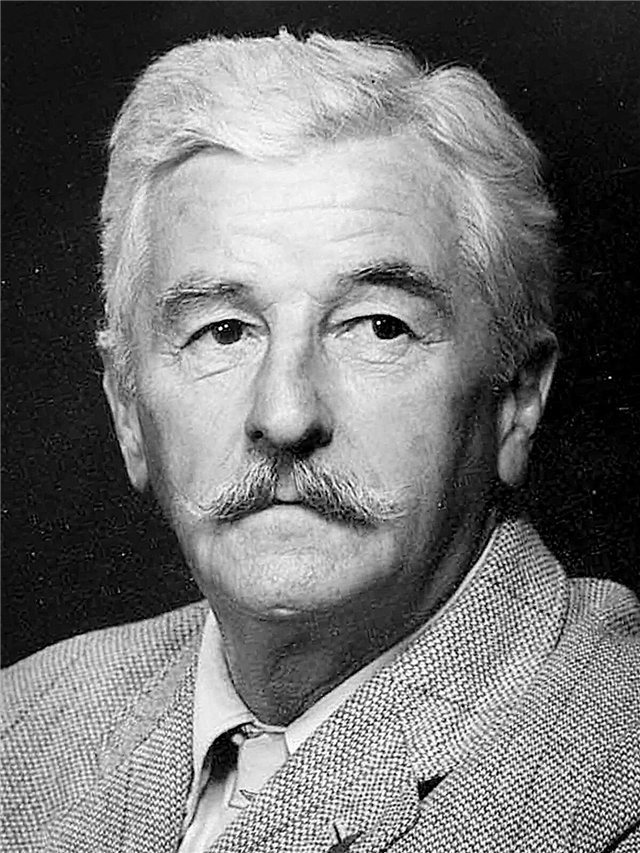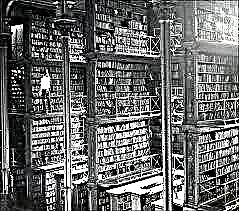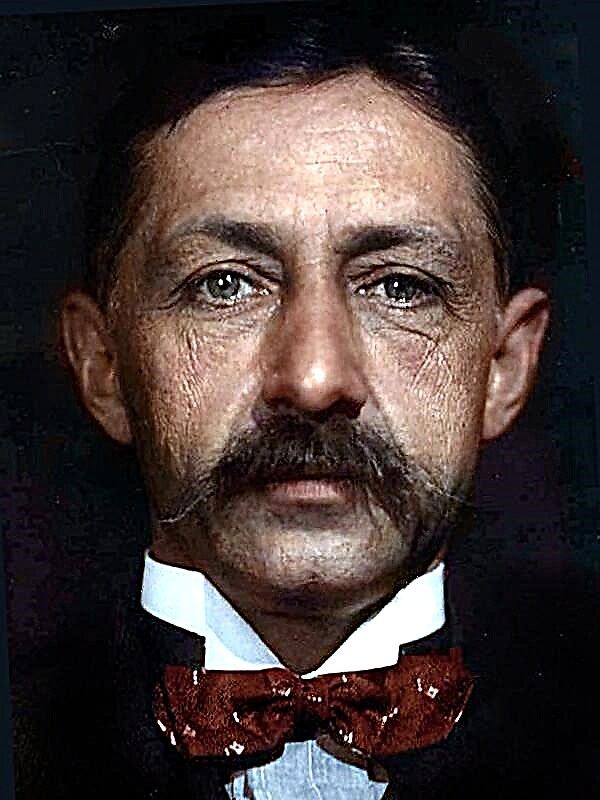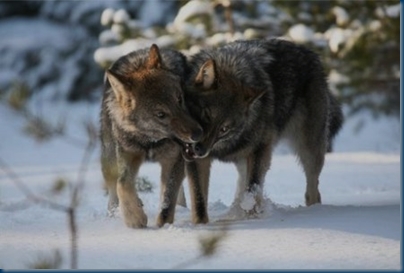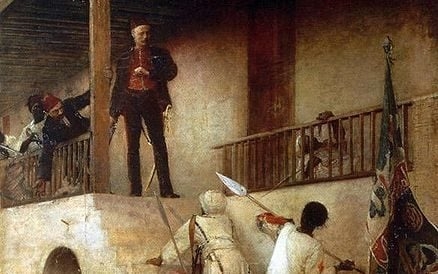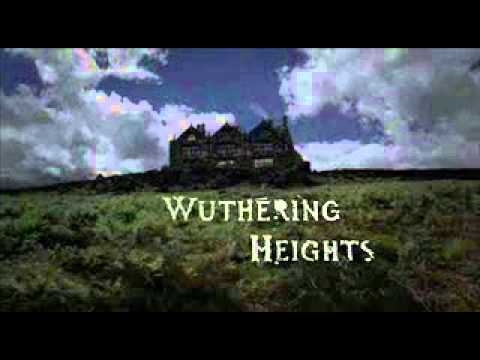Marina Ivanovna Tsvetaeva is a great poet of the Silver Age, whose life path was hard and tragic, which, undoubtedly, affected her work. Tsvetaevskaya poetry is melancholic and sincere, in it the real world is harmoniously interwoven with its hardships, deprivations and the world of miracles, love, fairy tales, dreams and hopes. In this collection, we have listed her shortest poems so that you can easily learn a piece of the creative heritage of this author.
- "Pink youth". This is a small poem from the early period of the poetess. The whole essence of fleeting youth is concentrated in it. It induces a feeling of light sadness and a nagging hopelessness before the transience of time. The motive of the unknown future is here end-to-end. The image of “pink youth” appears before us in the form of a fragile creature: “- But, if you only knew how weak / Pink youth has hands”. The poem as if lulls with its warmth and tenderness of colors, but at the same time leaves painful bitterness in the soul. Read the text of the poem ...
- “I know the truth!”. The poem was written during the First World War, it clearly hears a call to stop the meaningless bloodshed. The poetess reveals to us the simple truth: people should not fight with each other. It is amazing that here we feel the transience of human existence, for time goes on, day replaces night, stars flare up in the sky, and those killed in the war remain forever in the earth. But it is against the backdrop of these universal scales that war becomes completely meaningless, and human life is of the greatest value. A bright thought flashes in the poem: all people are mortal ("we will all fall asleep soon"), so why is this cruelty, if there is only one outcome? Why go to death, pursuing a not always clear goal, if the world around is incredibly beautiful? Read the text of the poem ...
- “Here is the window again ...” The lyrical work is included in the cycle of poems "Insomnia", which was written in 1916. It reflected the emotional experiences of Tsvetaeva. Shown here is a small little world outside a window in which light is lit at night. Insomnia dwells there, and to someone it brings joyful moments, happy meetings, and to someone pain and separation. Moreover, the light of these windows is the light of sleepless eyes that break the darkness in streams of completely different feelings. The lyrical hero knows that in every house there is a “window with fire,” and now his peace is disturbed, and insomnia has come to his house, and what it promises him is not known. Read the text of the poem ...
- “Where are the swans? “And the swans are gone ...”. This poem is part of the Swan Camp cycle, which is Marina Tsvetaeva’s reaction to the revolutionary events of 1917 and the ensuing civil war. This time was incredibly difficult for the poetess: her husband, Sergei Efron, ends up in France with the White Guards, a period of poverty sets in, and then her three-year-old daughter dies of hunger at the Kuntsevo shelter. “Where are the swans? “And the swans are gone ...” was written in 1918. Tsvetaeva respects the participants of the White movement who advocated the preservation of their homeland, therefore the image of swans appears in this fairy-tale poem - Russian emigrants, representatives of tsarist Russia, they left “so that the wings would not go”, that is, that they would not be completely destroyed the Russian intelligentsia, its culture. Ravens are the Bolsheviks who seized power. The structure of this poem is interesting: it is written in the form of a dialogue between a daughter and a mother telling a fairy tale to her child. Read the text of the poem ...
- "Above the city rejected by Peter ...". Marina Tsvetaeva did not accept that Tsar Peter I moved the capital from Moscow to St. Petersburg, she believed that this championship was undeservedly taken away from her hometown. Moscow is represented in the image of an abandoned woman. However, she protests with the deafening ringing of many church bells that rise above the pride of all the kings. "Above the city rejected by Peter ..." enters the cycle "Poems about Moscow." Read the full text ...
- "Ice tiara of mountains ...". An easy and gentle poem that gives rise to bizarre images in the head. Here, ordinary things appear before us in unusual forms: “tiara of mountains”, “pine camp”. The lyrical hero enjoys the world around her, interacts with him, feels his living nature: "Today I took a tulip - / Like a child by the chin." In the poem, the motive of love for nature is heard. It was written in the late years of Marina Tsvetaeva's work in 1936. Read the text of the poem ...
- Kurlyk. The poem consists of only three quatrains, but it is quite bright and distinctive, as it includes occasionalism "kulik", which reflects such a phenomenon as children's words. This gives the piece a playful and slightly sentimental mood. In “Memoirs,” Marina’s sister, Anastasia Tsvetaeva, wrote that “kurlyk” is purring a cat, but humanly. Later, the word acquired a different figurative connotation, it began to mean something cozy, homely, for example, evenings spent with the mother in a pleasant confidential atmosphere. The poem is inspired by memories of the action, there, from a distant past, the image of a native house pops up, in which a terrible witch lives, where a stranger and a frightening person appears in the form of a “prim guest”, and where a kind German governess lives. After reading this lyric work, a soft and warm precipitate remains on the soul. Read the text of the poem ...
- "Cats". The poem is dedicated to Maximilian Voloshin, it can be assumed that Tsvetaeva wanted to share certain, perhaps even grave thoughts with a close friend. In the image of cats, a human, or more precisely, a female nature is guessed. Here these animals appear before us as proud, selfish, cruel, free, cold and heartless creatures. Tsvetaeva could take this image on herself or create it from her own qualities. So, if you look at the biography of the poetess: her attitude to family life, her husband and children, you can find in her exactly that "cat heart", which is mentioned in this poem. Read the text of the poem ...

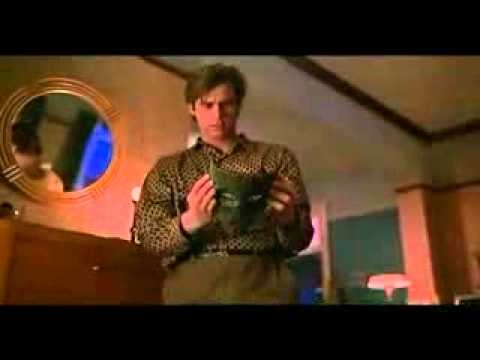
 Theogony
Theogony